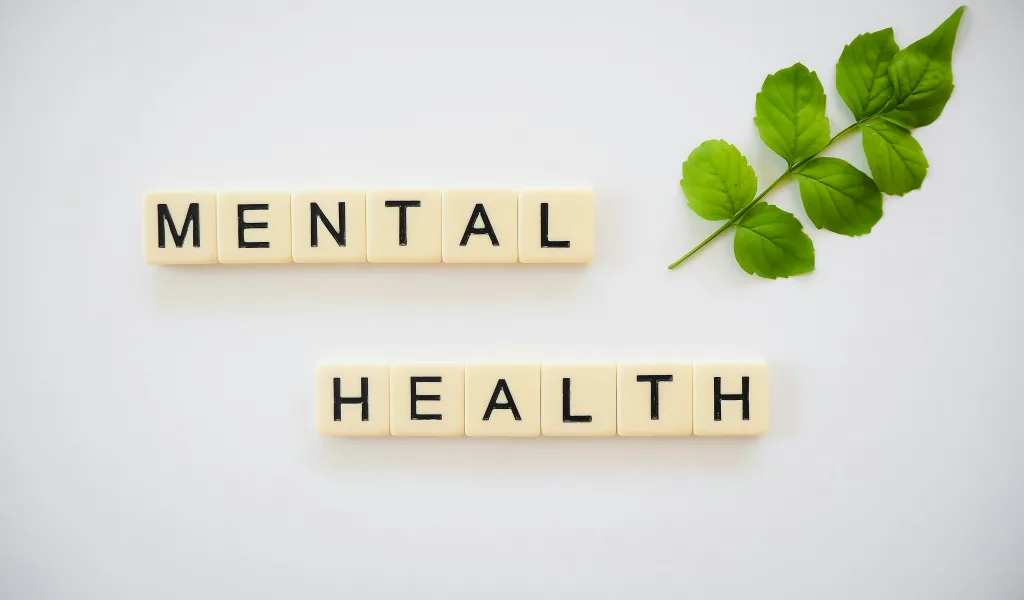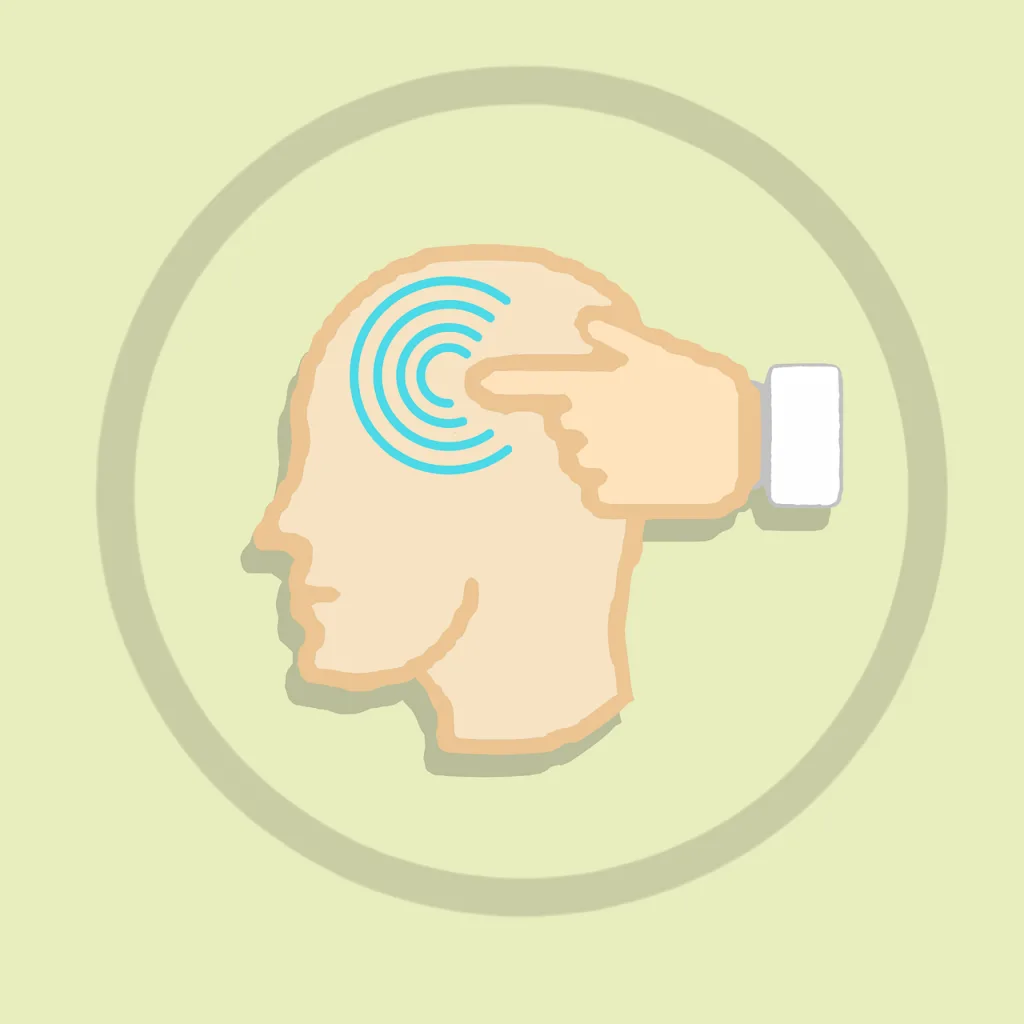Now Reading: 5 Common Mental Health Myths Debunked: What You Need to Know
-
01
5 Common Mental Health Myths Debunked: What You Need to Know
5 Common Mental Health Myths Debunked: What You Need to Know
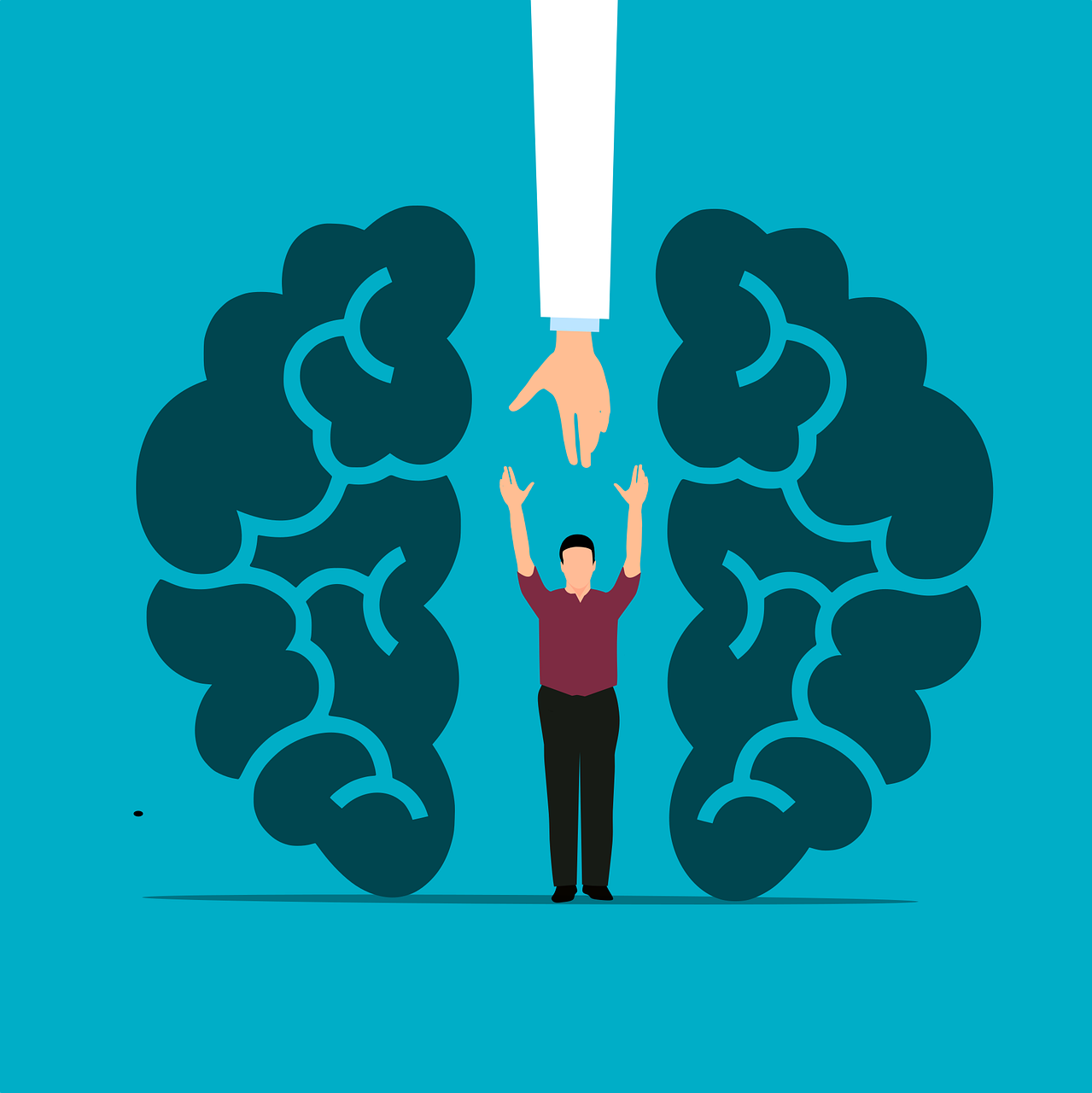
5 Common Mental Health Myths You Must Need to Know
Picture this: you’re scrolling through social media, and someone posts about their mental health struggles. The comments are a mix of support, confusion, and—unfortunately—misinformation. “Just cheer up!” one person writes. “Mental illness isn’t real,” another chimes in. These kinds of myths about mental health are everywhere, and they can do real harm. They stop people from seeking help, make loved ones feel misunderstood, and keep stigma alive.

At FocusMind.io, we’re all about cutting through the noise with clear, evidence-based information. In this post, we’re tackling five of the most common mental health myths head-on, using facts from trusted sources like SAMHSA, UNICEF, and the Mental Health Commission of Canada. We’ll also share a real-life story to inspire you and answer some burning questions you might have. Ready to separate fact from fiction? Let’s get started!
Table of Contents
Why Debunking Mental Health Myths Matters
Mental health affects every single one of us—whether it’s our own well-being or supporting a friend, family member, or colleague. But myths and misconceptions can create barriers, making people feel ashamed or afraid to seek help. Research shows that stigma is a major reason why many don’t pursue treatment, with self-stigma (feeling weak or flawed) being a significant hurdle Mental Health Commission of Canada. By clearing up these myths, we can foster a culture where mental health is treated with the same care and respect as physical health.
Myth 1: Mental Illness Is Rare
Fact: Mental illness is far from rare—it’s actually quite common. According to the Substance Abuse and Mental Health Services Administration (SAMHSA), in 2020, about one in five American adults experienced a mental health condition in a given year. That’s 20% of the adult population, or roughly 52 million people! One in six young people faced a major depressive episode, and one in 20 Americans lived with a serious mental illness, such as schizophrenia, bipolar disorder, or major depression SAMHSA.
Globally, the numbers are just as striking. The World Health Organization estimates that one in four people worldwide will be affected by mental or neurological disorders at some point in their lives Medical News Today. Suicide, often linked to mental health struggles, was the second leading cause of death for people ages 10–24 in 2020, claiming nearly 46,000 lives in the U.S. alone SAMHSA. These stats make it clear: mental illness is a widespread part of the human experience, not a rare exception.
Myth 2: People with Mental Illness Are Violent
Fact: This myth is a harmful stereotype, often fueled by sensationalized media portrayals. The reality? People with mental illnesses are not inherently violent. In fact, they’re far more likely to be victims of violence than perpetrators. SAMHSA reports that individuals with serious mental illnesses are over 10 times more likely to be victims of violent crime compared to the general population SAMHSA.
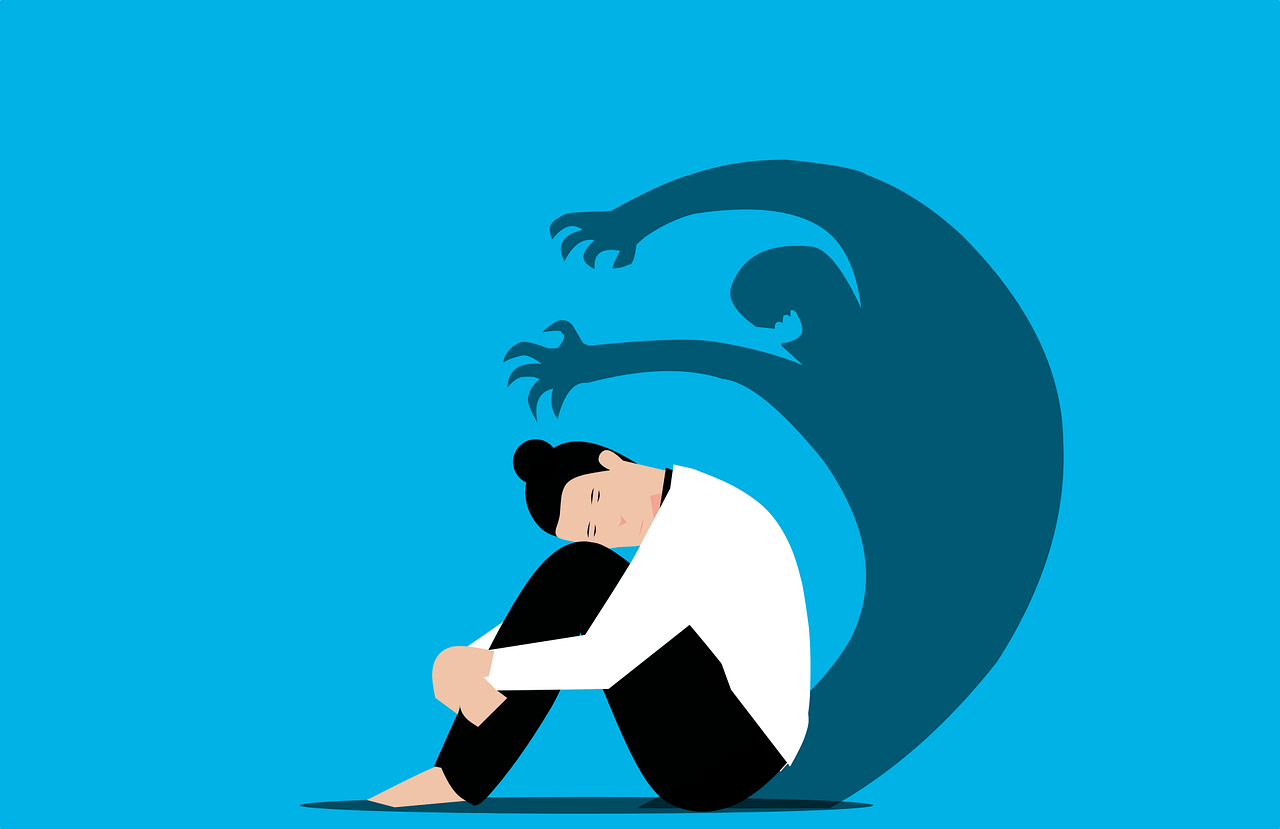
Here’s a key stat: only 3%–5% of violent acts are attributable to individuals with serious mental illnesses SAMHSA. That means the vast majority of people with mental health conditions are not violent. Many are simply trying to navigate their challenges while living productive, meaningful lives. This myth unfairly paints a group of people as dangerous, when in reality, they often need support and understanding.
Myth 3: Mental Illness Is a Sign of Weakness
Fact: Mental illness is not a personal failing or a lack of willpower—it’s a medical condition. Just like you wouldn’t call someone weak for having asthma or diabetes, mental health conditions like depression or anxiety are rooted in biological, psychological, and social factors. The Mental Health Commission of Canada explains that mental illness is diagnosed by professionals and involves changes in emotions, moods, or behaviors, affecting 1 in 5 Canadians annually Mental Health Commission of Canada.
Stigma, including self-stigma, can make people feel ashamed, as if they’re “not strong enough” to cope. But seeking help is a sign of strength, not weakness. There’s no shame in using medication or therapy to manage mental health, just as there’s no shame in using glasses to correct vision. This myth needs to go—it’s time we normalize mental health care as a vital part of overall wellness.
Myth 4: Only Adults Experience Mental Health Problems
Fact: Mental health issues don’t discriminate by age. Children and adolescents can face significant challenges, and the numbers prove it. UNICEF reports that 14% of the world’s adolescents experience mental health problems, and half of all mental health conditions start by age 14 UNICEF. That’s a critical age when early intervention can make a huge difference.
Tragically, suicide is a leading cause of death among young people. It’s the fifth most common cause of death for those aged 10–15 and the fourth for those aged 15–19 globally UNICEF. Protective factors like supportive families, positive school environments, and healthy sleep habits can help, but we need to recognize that kids are not immune to mental health struggles. Early support is key to helping young people thrive.
Myth 5: Mental Illness Can’t Be Treated
Fact: Mental illnesses are treatable, and many people find relief or recovery with the right support. Recovery looks different for everyone—it might mean managing symptoms, returning to a pre-symptom state, or living a fulfilling life despite challenges. Treatments like therapy, medication, and lifestyle changes can make a big difference Medical News Today.
For example, cognitive-behavioral therapy (CBT) and medications can help restore balance for some individuals. In 2020, 20% of U.S. adults received mental health treatment, with 10% engaging in counseling or therapy SAMHSA. Employment data also shows that 54.5% of individuals with severe mental conditions were employed, compared to 75.9% without mental illness, proving that with support, many lead productive lives Medical News Today. While not every treatment works for everyone, there are plenty of options to explore.
| Mental health myths | Fact | Key Statistic |
|---|---|---|
| Mental illness is rare | Affects 1 in 5 adults annually | 20% of U.S. adults in 2020 SAMHSA |
| People with mental illness are violent | More likely to be victims | 3%–5% of violent acts linked to serious mental illness SAMHSA |
| Mental illness is a sign of weakness | It’s a medical condition | 1 in 5 Canadians affected yearly Mental Health Commission of Canada |
| Only adults have mental health problems | Kids face issues too | 14% of adolescents affected UNICEF |
| Mental illness can’t be treated | Treatments are effective | 20% of adults received treatment in 2020 SAMHSA |
A Real-Life Story: Jake’s Journey to Recovery
Meet Jake, a 28-year-old software developer who spent years battling anxiety and depression in silence. Growing up, Jake heard people say that mental illness was a sign of weakness, so he kept his struggles hidden, worried about what others would think. Over time, his symptoms worsened, making it hard to focus at work or enjoy time with friends.
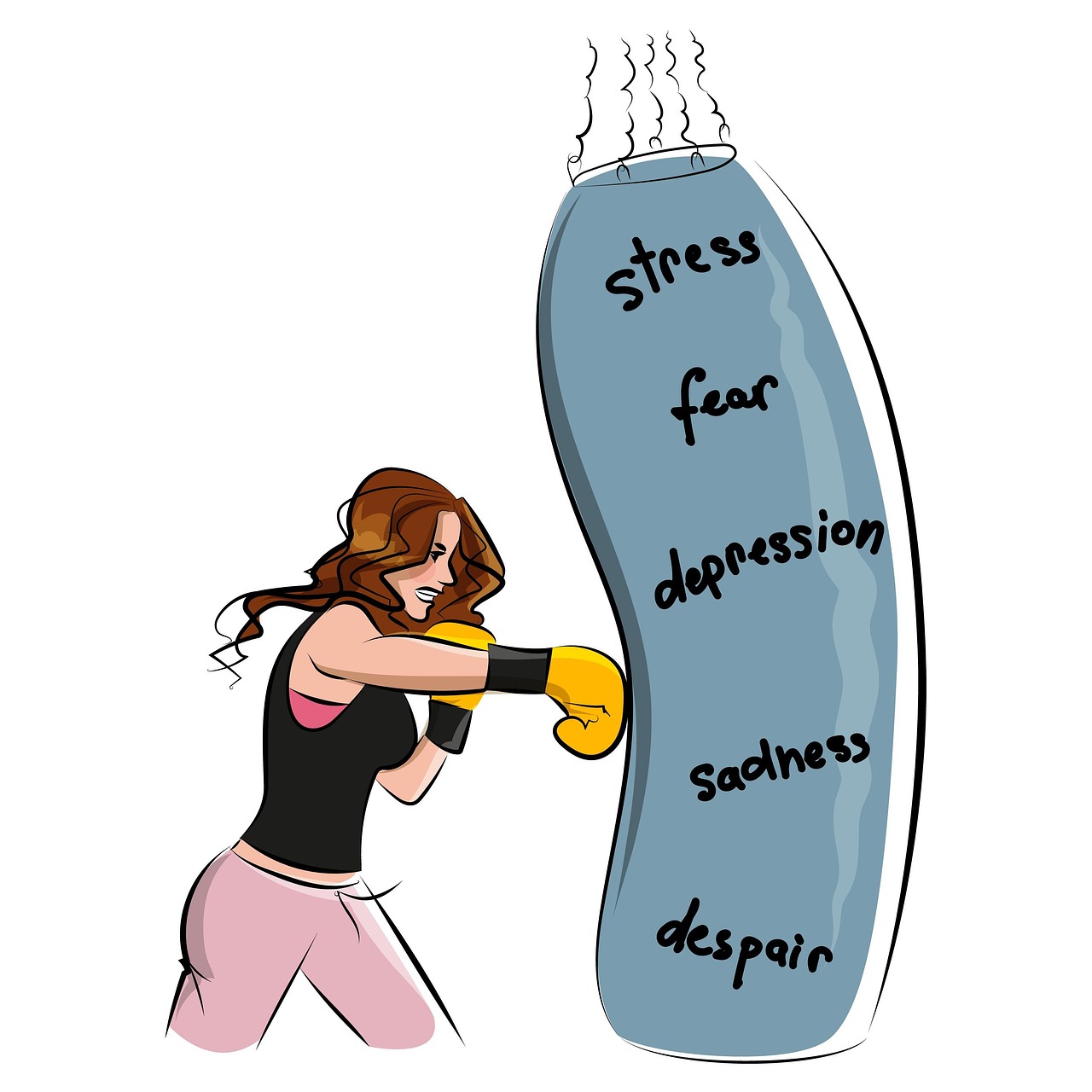
One day, after a particularly intense panic attack, Jake decided enough was enough. He reached out to a therapist who specialized in cognitive-behavioral therapy (CBT). At first, he felt nervous about opening up, but his therapist helped him see that his struggles weren’t his fault. With CBT and some medication, Jake started to feel more in control. He learned techniques to manage his anxiety, like deep breathing and reframing negative thoughts.
Today, Jake is doing better than ever. He’s still coding away in the tech world, but he’s also volunteering with a mental health advocacy group, sharing his story to inspire others. Jake’s journey shows that seeking help is a sign of strength, and with the right support, recovery is possible—though everyone’s path is unique.
Frequently Asked Questions (FAQs)
- Is mental illness curable?
Not all mental illnesses are curable, but many can be managed effectively with treatments like therapy or medication, improving quality of life. - Can children really have mental health problems?
Yes, children and adolescents can face mental health issues. Early intervention is critical for better outcomes. - Are people with mental illness more likely to be violent?
No, they’re more likely to be victims of violence. Only a small fraction of violent acts are linked to mental illness. - What should I do if I think I have a mental health problem?
Reach out to a qualified professional, like a psychologist or psychiatrist, for an assessment and support. - How can I support someone with a mental health condition?
Listen without judgment, encourage professional help, and educate yourself about their condition to offer meaningful support.
Conclusion
Debunking these mental health myths is a step toward a world where everyone feels safe to seek help and support. Mental illness isn’t rare, it’s not a sign of weakness, and it can affect people of all ages. Most importantly, it’s treatable, and recovery is within reach for many. If you or someone you know is struggling, don’t let myths hold you back. Check out resources like the NIH Emotional Wellness Toolkit or reach out to a professional. Your mental health matters, and you’re not alone.
Stay Informed With the Latest & Most Important News
Previous Post
Next Post
-
 0110 Simple Ways to Improve Mental Health in 2025
0110 Simple Ways to Improve Mental Health in 2025 -
 02How to Create a Daily Mental Wellness Routine
02How to Create a Daily Mental Wellness Routine -
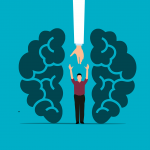 035 Common Mental Health Myths Debunked: What You Need to Know
035 Common Mental Health Myths Debunked: What You Need to Know -
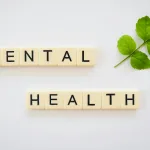 04Ultimate Guide to Mental Health for Beginners
04Ultimate Guide to Mental Health for Beginners -
05Why Mental Health Matters More Than Ever in 2025
-
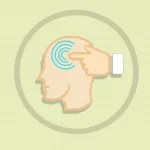 067 Signs of Poor Mental Health to Watch in 2025
067 Signs of Poor Mental Health to Watch in 2025










